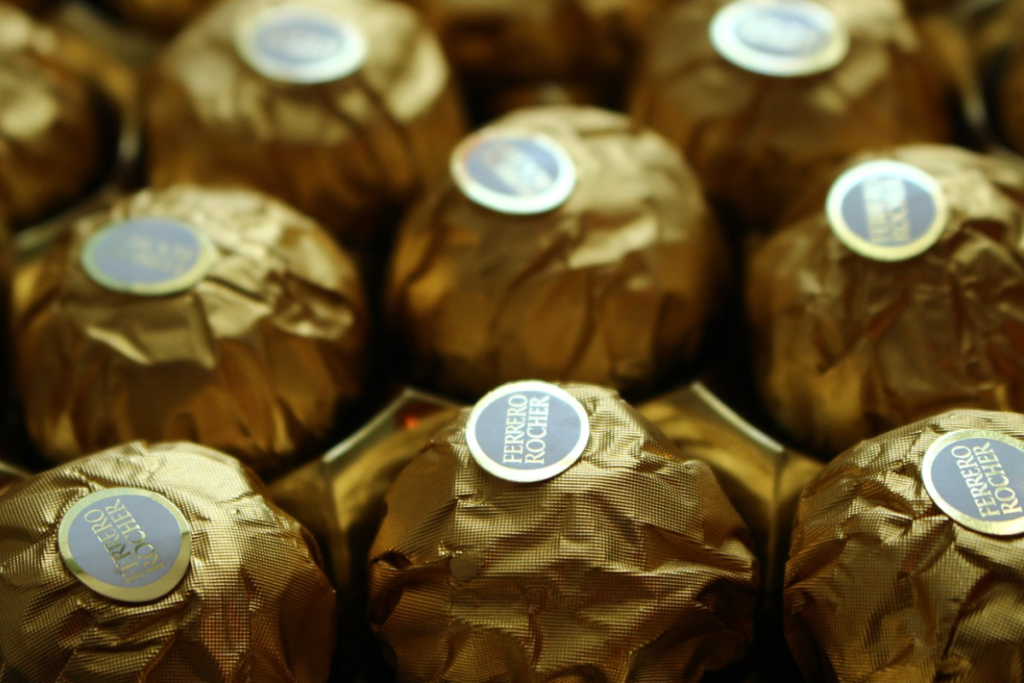Chocolate giant Ferrero is expanding beyond confections with its acquisition of WK Kellogg Co. By adding iconic cereal brands such as Frosted Flakes and Raisin Bran to its portfolio, Ferrero is gaining more than shelf space, it’s gaining a new production and logistics footprint designed to balance commodity volatility and consumer exposure.
The deal, priced at $23 per share in cash, a 40% premium over WK Kellogg Co’s 30-day average, extends Ferrero’s North American reach beyond snacks and sweets into high-volume breakfast staples. It also folds in legacy assets including Kellogg’s longtime base in Battle Creek, Michigan, and positions Ferrero to absorb upstream cost pressure more effectively.
North American Manufacturing and Ingredient Risk Diversification
Ferrero has grown through acquisition before, but the WK Kellogg Co deal adds a distinct layer of operational versatility. Unlike prior buys such as Keebler or Famous Amos, this move establishes Ferrero as a force in grain- and corn-based food production, offering a hedge against cocoa price instability that has recently compressed margins across the confectionery sector.
By absorbing cereal operations, Ferrero inherits not only factories and brands but also institutional manufacturing expertise in processing, fortification, and packaging. These capabilities are highly transferable, and strategically beneficial, as Ferrero looks to develop more mainstream grocery offerings with predictable input costs. According to trade data, global urea and natural gas prices (critical to cocoa processing and chocolate preservation) have seen volatile spikes in recent quarters, adding urgency to Ferrero’s diversification strategy.
Logistics Rationalization and Post-Spin-Off Stabilization
WK Kellogg Co has been navigating post-spin-off turbulence since its separation from snack food parent Kellanova. While its cereal portfolio retains high brand recognition, sales performance has lagged amid health-conscious shifts and private-label competition. Ferrero’s integration plan calls for revitalizing these brands through tighter operational control and multi-brand marketing playbooks that have proven effective in prior deals.
Ferrero’s logistics teams are expected to embed WK Kellogg Co’s output into existing distribution channels across the U.S., Canada, and Caribbean, potentially enabling new product pairings (such as Nutella-cereal bundles) while streamlining transport and warehousing. Analysts also point to Battle Creek’s retention as a positive sign for supplier continuity, workforce morale, and regional procurement governance, factors often disrupted in post-acquisition transitions.
Why Supply Chain Discipline Will Determine the Deal’s Success
Ferrero’s ability to extract value from this acquisition will hinge less on brand synergy and more on procurement discipline at scale. As inflationary pressures persist across agricultural inputs, packaging, and labor, the real test will be whether Ferrero can standardize cost visibility and vendor performance across two divergent product ecosystems, cereal and confectionery. Integrating those upstream processes without eroding margin integrity will be the quiet determinant of whether this becomes a footprint expansion or a long-term supply chain advantage.



